The 22nd Tribeca Film Festival starts June 5th. With 103 films and 86 premieres this yer looks promising.
Get the news, reviews and interviews here and on the Chat Cinema Podcast.


The 22nd Tribeca Film Festival starts June 5th. With 103 films and 86 premieres this yer looks promising.
Get the news, reviews and interviews here and on the Chat Cinema Podcast.


I have been covering the Bentonville Film Festival this year, virtual of course. Not being familiar with the event, perspective or type of works to expect, my expectations were toned down Celebrating Diversity, underrepresented storytellers is the Arkansas based fests theme. 75% of the films selected were made by women.
The 2021Winners:
Narrative Film Award: 7 Bigs, Director: Roshan Sethi
Documentary Film Award: Kili Big, Director: Ida Joglar
Short Film Narrative Award: Americanised, Director: Erica Eng
Episodic Award: Now With Norma Director: Fiona Dawson
The films I liked:
Wakiki,Special Mention, by director: Christopher Kahunahana, The first time I saw a film exploring the darker side of paradise. When we think of Hawaii images of beaches and surfing comes to mind, not violence and cultural repression. Mr. Kahunahan takes chances in the story telling department.
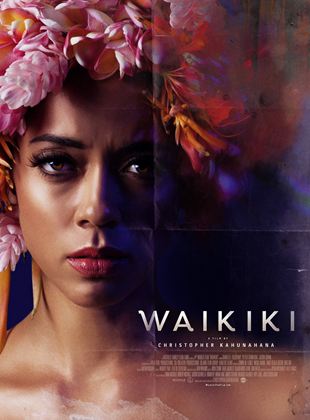
The Daphne Project,by Zora Iman Crews and Alec Tibaldi. How to endure social justice, cancel culture, entitlement and ambition with complete self awareness with unlikeable characters? A rockumentary on some not so pleasant people producing a play.
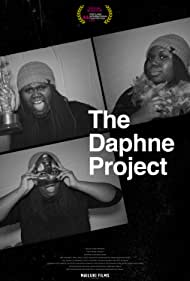
The Zeitgeist Movement in the wrong hands.
I’ll Be Fine, by Kelley Kali and Angelique Molina tells the story of trying to faking normal while being homeless in LA. Timely and poignant portrayal of life in avacuumof uncertainty.
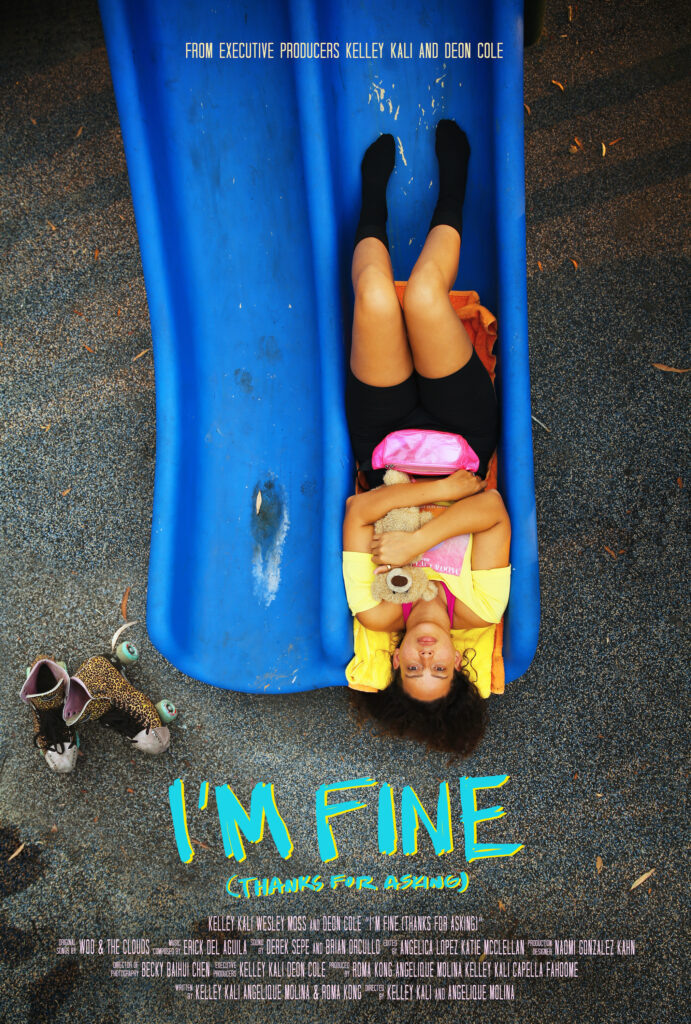
Stairs, a short film from Mongolia, deserves attention. I ended up feeling good at the end of the piece.
From the International Film Festival Rotterdam, Chat Cinema spoke to Director Basir Mohmood about his short film Sunsets, Everyday. The Tiger Award winning short examines domestic abuse during the pandemic.
Sorry for the sound problem but Basir is clear.
From the International Film Festival Rotterdam, Chat Cinema interviews the creative team of the Award Winning film Pebbles. Director Vinothraq’s story inspires the spirit.
Part 1 of 2. Click the link.
Stay Tuned for Part 2 of the interview.

Look out for our features on these films unspooling at the International Film Festival Rotterdam. Click on a link to enjoy a preview.
Chat Cinema Podcast with the film’s directors coming soon.
This is the first time I covered the the International Film Festival Rotterdam. I must admit, the Dutch event unspools films selected for being different or striking instead of political. As a cinema enthusiasts, I decided to have a more open mind perspective to filmmakers, learn new cinematic languages. Story telling that ventures into new narratives. So far, I have not been disappointed. The global filmmakers showing at the festival have produced some striking features.
2021 marks the 50th anniversary of the IFFR.

On my first day I managed to watch 3 films and 4 shorts. Not bad!
Stay tuned for coverage, features and reviews.
The International Film Festival Rotterdam runs from Feb 1st to 7th.

During a partial lockdown my only entertainment is sitting in the living room in front of a screen. I got a screener link to Possessor. I knew a few details about the film from social media. The jarring one sheet poster meant this is a not a mainstream film.
Brandon Cronenberg is an apple who did not fall from the tree. Like his father, the son of acclaimed filmmaker David Cronenberg displays his cynicism towards modern technology front and centre. To classify the film as just a sci-fi thriller would be too easy. Identity, corporate assignation, gender roles, murder and personality theft are covered in Possessor.
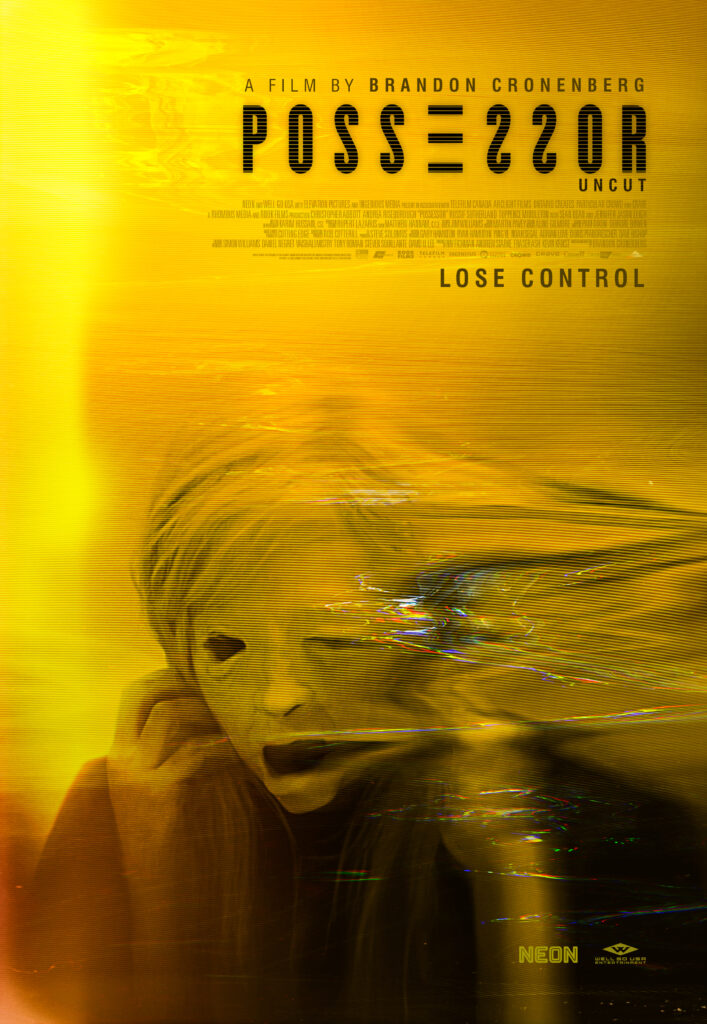
I expected some head turning moments when the opening credits rolled. The “what have I gotten myself into moment” started during the first 5 minutes. The shocking opening scene gives a bloody preview of things to come. For Cronenberg fans, as I said, Brandon inherited his father’s artistic DNA.
Kudos to lead actors Andrea Riseborough and Christopher Abbott for playing their synchronized roles without sharing a scene. As Tasya Vos, Riseborough’s breathes life into her almost out of control tech assassin. Abbott’s role as a possessed displaced person in his own body takes a subtle route of a confused man battling for control of his mind and body.
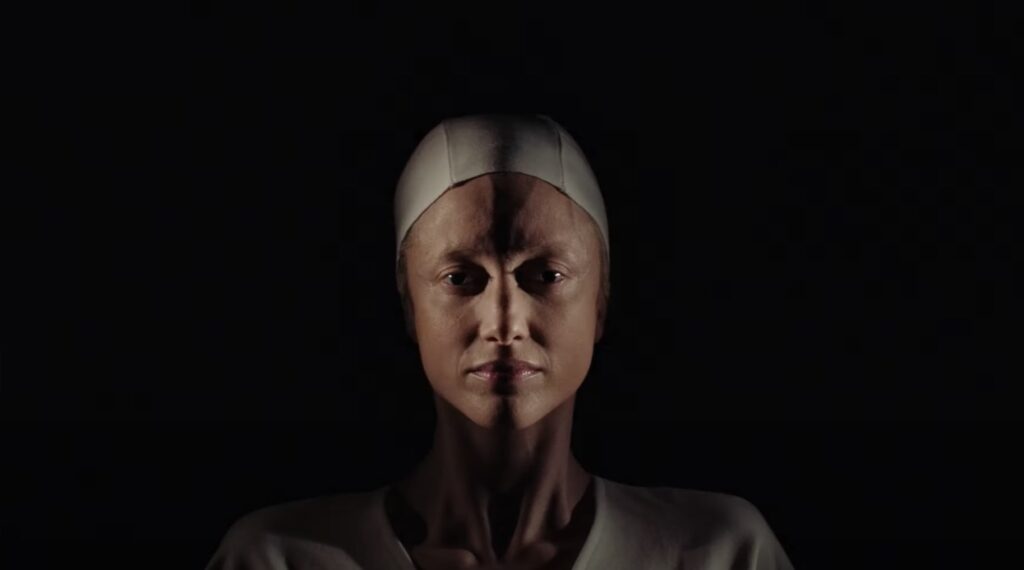
A lot of mention has been given to the film’s cinematography and direction, well deserved. Brandon’s work is one of a confident director in control. At times the emphasis on style over story hobbles his script, especially 3/4 along the ride. A bit of overkill creeps in.
Director of Photography Karim Hussain’s camera work deserves mentioning. One of main criticism of modern technology is the sense of belonging while in isolation. Karim gets this across by shooting the scenes with a sense of chilling detachment.
Possessor can be called “disturbing”. But for me, I would argue this is a calling card work from a guy with a flair for staging violence. Brandon Cronenberg may not get invited to make a Marvel film. That could be a good thing. We need filmmakers with his perspective working outside the commercial arena.
3.5 out of 5 stars.
Possessor, directed and written by Brandon Cronenberg
A Running Time of 103 minutes
From Neon
Available on Video on Demand December 8th
An interview with film directors Flavia Mastrella and Antonio Rezza from the Venice Film Festival.
1.This is your sixth feature film in a 30-year career that has encompassed Television, shorts and medium-length films. How difficult is it nowadays to get a film financed?
Flavia: “Escoriandoli” (our first movie) was the only film we shot with a producer. It was an interesting experience but we soon realised it was impossible to replicate it. The production pressures had too much impact on our artistic choices. We produce our films and use independent distribution channels.
Antonio: For us, getting a budget is never the main issue. We can always sort something out. A budget is useful because it offers warranties to the film. Without that guarantee, we can’t start shooting. So we look for funders.
2. Where did the idea for the story and the script of “SAMP” come from?
Flavia: The inspiration came from the ancestral landscape of Puglia. I was deeply involved in the stories from “La terra del rimorso” (The Land of Remorse), written by Ernesto De Martino.

Antonio: Flavia made a location scouting in the Triana Valley in the spring of 2001. The idea was born there. The screenplay is the result of a cycle of abandonment and reconnection with an on-again, off-again 20 year-long work.
3. What should audiences infer from this film and take away from it?
Flavia: Our films are open to interpretation. We do not offer a truth. We just gather some thoughts. I would like the audience to grasp that sense of expressive liberty we encourage.
Antonio: The great sense of freedom and lack of interest in all forms of power.
4. What are your feelings of having the film play at the Venice Festival this year?
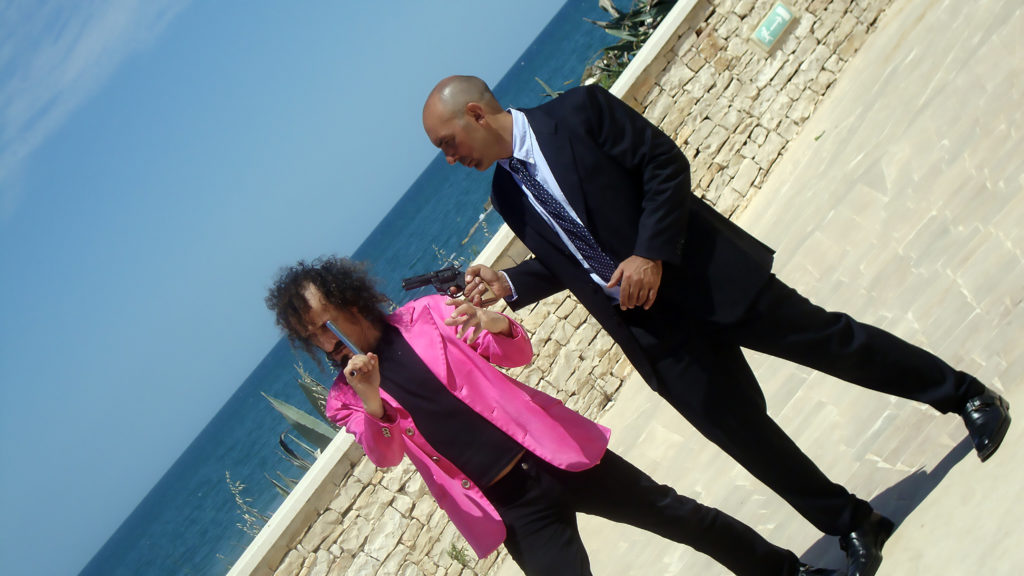
Flavia: We are happy. We can finally see if our communicative experiment works, see the reactions of an audience. We continue to seek new methods to surprise ourselves and others. I enjoy the risk.
Antonio: I was moved by the great acclaim that welcomed the film. It’s nice to feel emotions. It is very childish to vibrate to the sound of approval. But it is the only thing that keeps us attached to the world.
5. Do you feel a little cheated by the Covid-19 crisis with less people attending the festival?
Flavia: For us it is completely normal to be selected in times of crisis, it is our bizarre destiny.
SAMP screened in Competition at the 2020 Venice Film Festival.
Production Company: Rezzamastrella
Running Time: 78 Minutes
Country: Italy
Steve Yates contributes to Black and Paper.
For all things cinema, check out our Chat Cinema Podcasts.
One intriguing entry into the Venice competition program this year is Lahi, Hayop (Genus, Pan) by Lavrente Indico Diaz (better known as Lav Diaz). Those already familiar with the work of the Filipino director will know he is synonymous with slow contemplative cinema. His earlier films Evolution of a Filipino Family (2004) is ten hours long, one of the longest cinematic narrative films of all time. While some of his more recent prize-winning films, A Lullaby to the Sorrowful Mystery (2016), feature high on the longest ever films list. The director, a former film critic, drew from influences of work by the proponents of art cinema as Michangelo Antonioni and Robert Bresson.
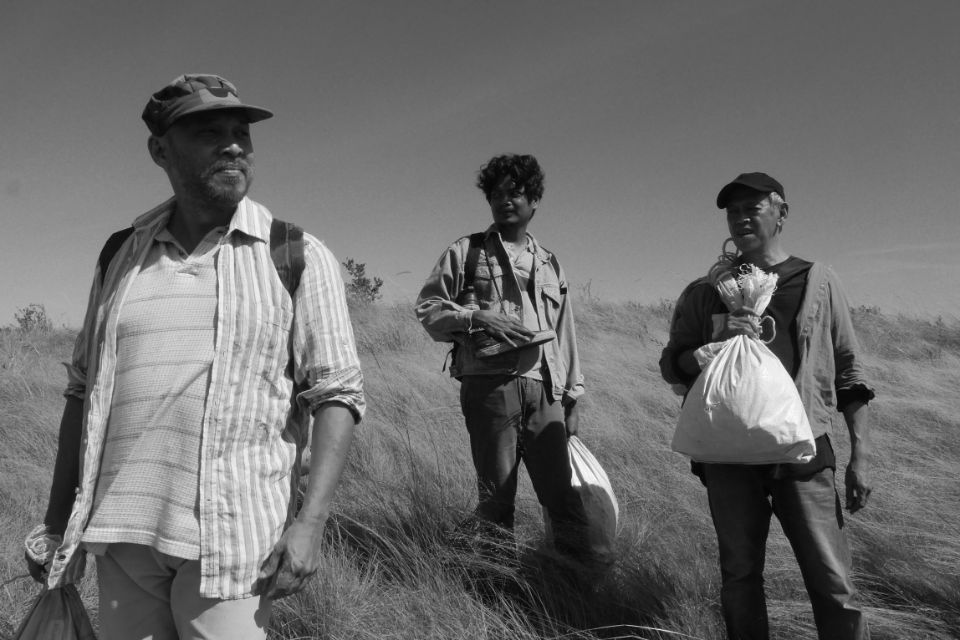
Lav Diaz is also no stranger to the Venice Film Festival. His 2016 filmThe Woman Who Left won the Golden Lion. Lahi, Hayop, for the director comparatively modest in length at just over two and a half hours, still contains his trademark allegories of human greed and brutality, shot in monochrome with long takes. Dismayed by the working conditions at a gold mine, three workers journey to their home village on foot through the isolated wilderness of the mythical island Hugaw.
The weariness creates a hallucinatory effect for the three main protagonists; two mature men and a younger more capricious colleague. From here, with money, envy, and narcissism as the central themes, their relationship and events become more unpredictable and dramatic. As the recent back story unfolds, with scenes of contemporary Filipino society set against notions of the long-term effects of Japanese and American occupation.
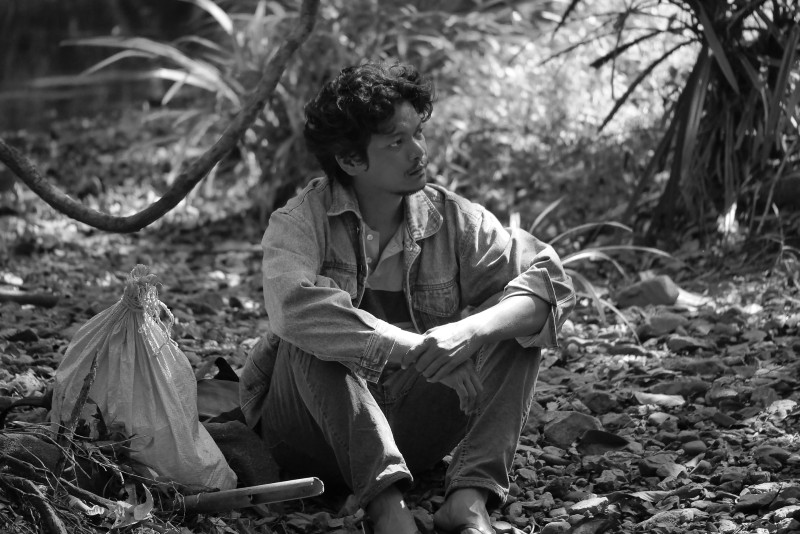
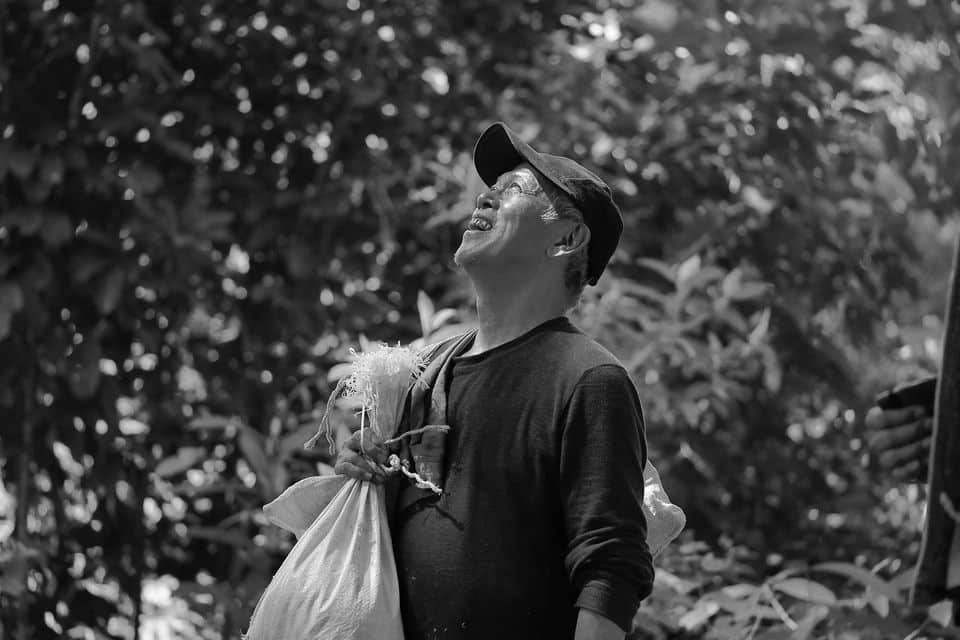
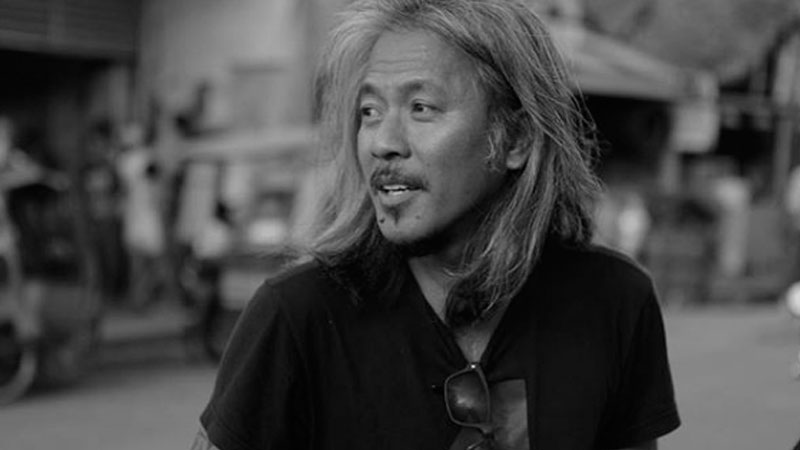
Drawing allusions to the formal elements of Bertholt Brecht in its steady rhythm. Lahi, Hayop consistently uses the static camera, and almost always films at the same distance. With virtually no reference to the present, the film could be set at any time in the last 50 years. Given weight by the fact, when speaking of the film, the director’s inspiration came from a question asking him to define the human species. His urgent reply: “Despite being the better developed species, most of us still retain the demeanor and comportment of the chimpanzee or the genus Pan”. Transposed to capitalist society, the film depicts the destructive effects of the human animal, not least through greed. However, the director also finds optimism because the human brain contintues to develop. Diaz believes we will eventually become a self-actualized species, following the examples of Buddha or Gandhi.
Lahi, Hayop has been playing in the final three days of the Venice program. It was in contention for the Main Competition (Orizzonti) prize.
~ Steven Yates contributes to Black and Paper